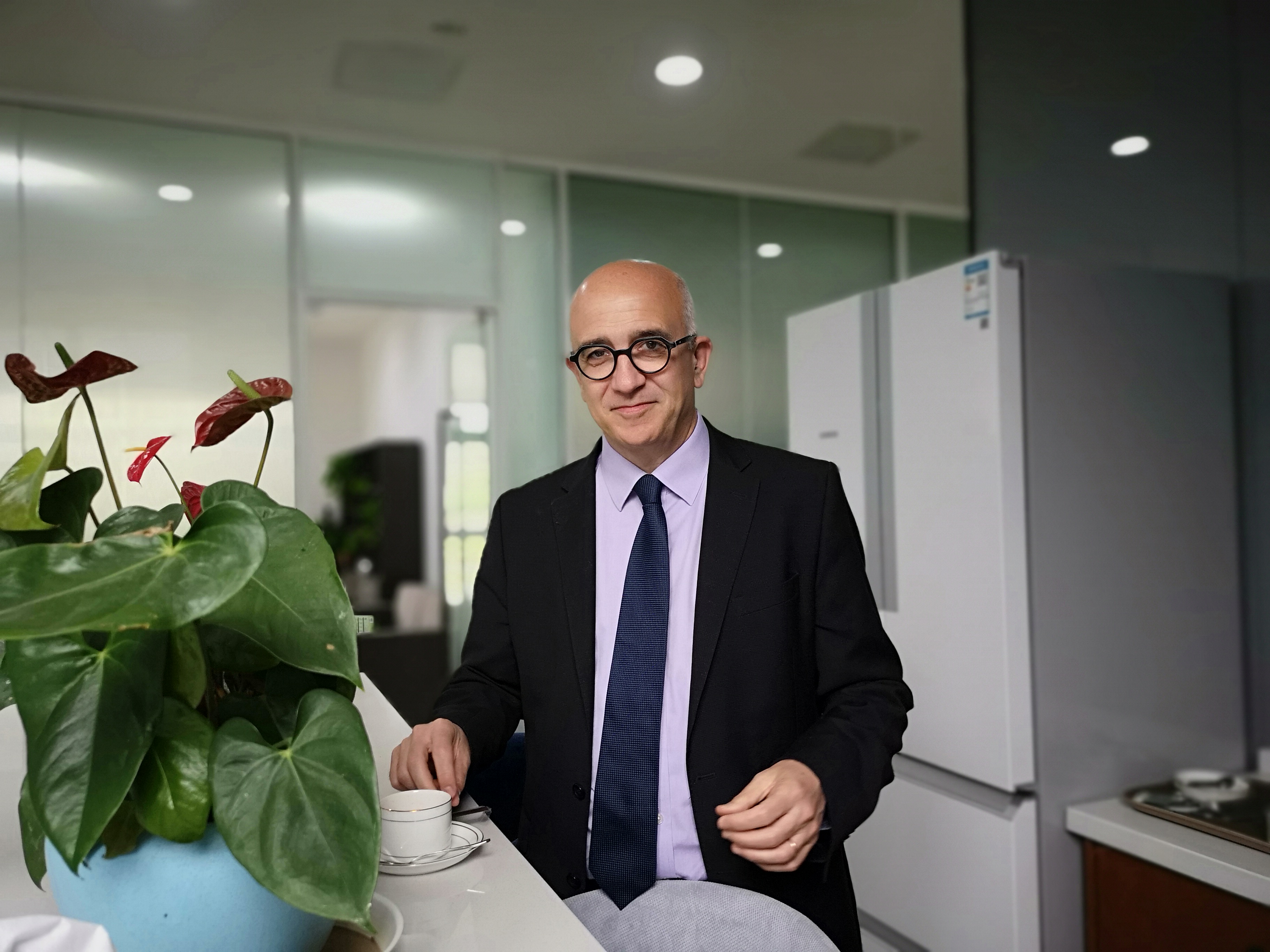
Antonio Vidal-Puig
Principal Investigator
Professor of Molecular Nutrition and Metabolism, University of Cambridge, Ph.D., School of Medicine, University of Granada, Spain, EMBA from Judge Business School of University of Cambridge, Scientific Director of Metabolic Research Centre, University of Cambridge, Associate Professor of MRC Metabolic Disease Group, Honorary Professor of Nanjing University.

Sergio Rodriguez-Cuenca
Researcher

 中文
中文 English
English
